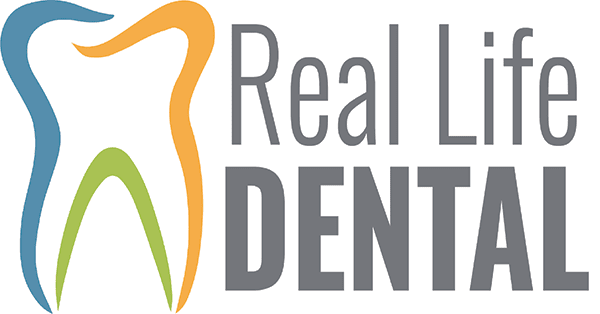10 Teeth Fixes To Save Money

When it comes to dental care, there’s no denying that costs can quickly add up, making it challenging for many individuals to afford the treatments they need. However, neglecting dental issues not only compromises oral health but can also lead to more severe and costly problems down the line. The good news is that there are several teeth fixes and preventive measures that can help save money while ensuring your dental well-being. Here, we’ll delve into 10 practical and cost-effective solutions designed to help you maintain a healthy, beautiful smile without breaking the bank.
1. Regular Brushing and Flossing
The foundation of dental health is regular brushing and flossing. By maintaining a rigorous oral hygiene routine, you can prevent the buildup of plaque and tartar, which are primary causes of cavities and gum disease. Investing in a good quality toothbrush and toothpaste, coupled with daily flossing, is one of the most cost-effective ways to prevent dental issues.
2. Dental Sealants
Dental sealants are thin coatings applied to the surfaces of teeth, particularly molars, to prevent bacteria and food particles from accumulating in the grooves and causing cavities. While they may seem like an additional expense, sealants are a preventive measure that can save you from the cost of fillings and more extensive treatments in the long run.
3. Fluoride Treatments
Fluoride is a natural mineral that helps strengthen tooth enamel, making teeth more resistant to decay. Regular fluoride treatments, either through community water fluoridation, toothpaste, or professional applications, can significantly reduce the risk of cavities and support overall oral health at a relatively low cost.
4. DIY Whitening
Instead of opting for expensive professional teeth whitening treatments, consider DIY whitening kits or natural whitening methods like oil pulling or using baking soda and hydrogen peroxide. These methods are cost-effective and can provide noticeable results when used consistently and as directed.
5. Preventive Dental Visits
Regular dental check-ups might seem like an expense you can skip, but preventive care is key to identifying and treating dental issues early. Many dental insurance plans cover routine check-ups and cleanings, which can help prevent more costly procedures.
6. Orthodontic Alternatives
For those with minor alignment issues, options like clear aligners can be more budget-friendly than traditional braces. Additionally, focusing on preventative care from a young age can reduce the need for orthodontic treatment altogether.
7. Natural Remedies for Pain Relief
Before opting for prescription pain medication or emergency dental visits, consider natural remedies like clove oil or cold compresses for temporary pain relief. These methods can save you money and reduce the reliance on over-the-counter medications.
8. Dental Savings Plans
Dental savings plans are an alternative to traditional dental insurance and can offer significant discounts on dental care. By paying an annual fee, you can access reduced rates on various treatments, making dental care more affordable.
9. Negotiate with Your Dentist
Sometimes, being open with your dentist about your budget constraints can lead to flexible payment plans or discounts. Many dental practices are willing to work with patients to find a mutually beneficial solution, especially for those without insurance.
10. Education and Awareness
Lastly, staying informed about oral health and the latest preventive measures can be incredibly cost-effective. Understanding how to properly care for your teeth, recognizing early signs of dental issues, and being proactive about your oral health can save you from costly treatments and visits to the dentist.
Conclusion
Maintaining good oral health doesn’t have to be expensive. By combining these cost-effective strategies with a commitment to regular care, you can significantly reduce your dental expenses while ensuring your teeth remain healthy and strong. Remember, prevention is always less costly than treatment, and a proactive approach to your dental health can pay dividends in the long run.
How often should I visit the dentist for check-ups?
+It's recommended to visit the dentist for a check-up at least twice a year. However, the frequency may vary depending on your oral health status and specific needs. Regular check-ups can help identify dental issues early, reducing the need for costly treatments.
Are dental sealants suitable for adults?
+Dental sealants are not just for children; adults can also benefit from them, especially if they have deep grooves in their teeth that are prone to decay. Consult with your dentist to determine if sealants are a good preventive measure for you.
How can I make my teeth whitening results last longer?
+To make your teeth whitening results last longer, avoid consuming stain-causing foods and beverages, such as coffee, tea, and red wine. Regular brushing, flossing, and dental cleanings can also help maintain the brightness of your smile.
Incorporating these teeth fixes into your oral health routine can lead to significant savings and a healthier, more confident smile. Whether it’s through preventive care, cost-effective treatments, or simply being more mindful of your daily habits, taking control of your dental health is an investment in your overall well-being.

